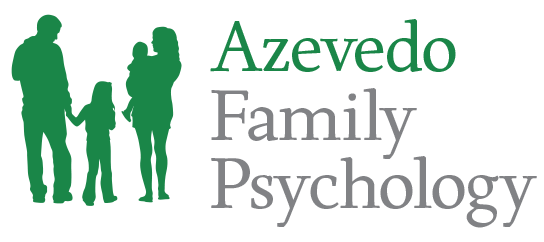
Register Today for our November Marriage Workshop
September 17, 2019
Mental Health in the Workplace
November 19, 2019A panic attack can really ruin your day. The rollercoaster of emotions it takes you on – fear, shame, anger, and self-loathing – can trigger deep trauma and unpleasant feelings. Many people who suffer from anxiety also suffer from panic attacks.
The good news is that while panic attacks can happen despite your best efforts, there are ways to lessen their frequency and mitigate their effects.
What Defines a Panic Attack?
Medically speaking, a panic attack is an abrupt onset of discomfort or fear, usually with mental and physical components, that is significantly debilitating and unpleasant. They are often a product of anxiety disorder, especially that linked to trauma.
Panic attacks can be seemingly random. They can be due to normal stressors, like a busy workday or heavy traffic or a stressful household. They can also be triggered by things that remind people of trauma, such as loud noises, enclosed spaces, or being shouted at by a family member.
Signs and Symptoms
Identifying a panic attack early takes work on the part of the sufferer because the symptoms differ from person to person. More common elements include a racing heartbeat, hyperventilation, and dizziness. Some more extreme attacks can cause the suffer to feel impending doom or dread, even a feeling that they may die.
Other physical symptoms include shaking, chest pains, sweating, chills, and feelings of choking.
Mitigation and Treatment
For the sufferer, the most important way to treat panic attacks is to identify and stop them early. Learn what your symptoms are and remember them; when you experience that familiar feeling, you know it’s time to act.
The first and easiest step is to remove yourself from your current situation: head to another room, or your car, or somewhere you feel comfortable and safe to ride things out. If you can’t do that, you can still take deep and intentional breaths while counting in rhythm. This sort of mantra-based breathing is proven to help calm people down.
If you’re near someone having a panic attack, be kind, patient, and gentle. Ask what they need, and don’t touch them – even in comfort – without asking explicit permission. Be verbally reassuring and supportive, and when the symptoms subside ask them if they need water, their meds, or some personal space. Helping them establish a sense of control can really help.
Cognitive behavioral therapy can also help with panic attacks. CBT gets to the root of your anxiety problems, helping you stop them at the source and build a healthier, less anxious life. If you or someone you love could benefit from therapy for their anxiety, Azevedo Family Psychology can help. We treat patients across the Triangle. Contact us today, and let us create a life worth celebrating!




